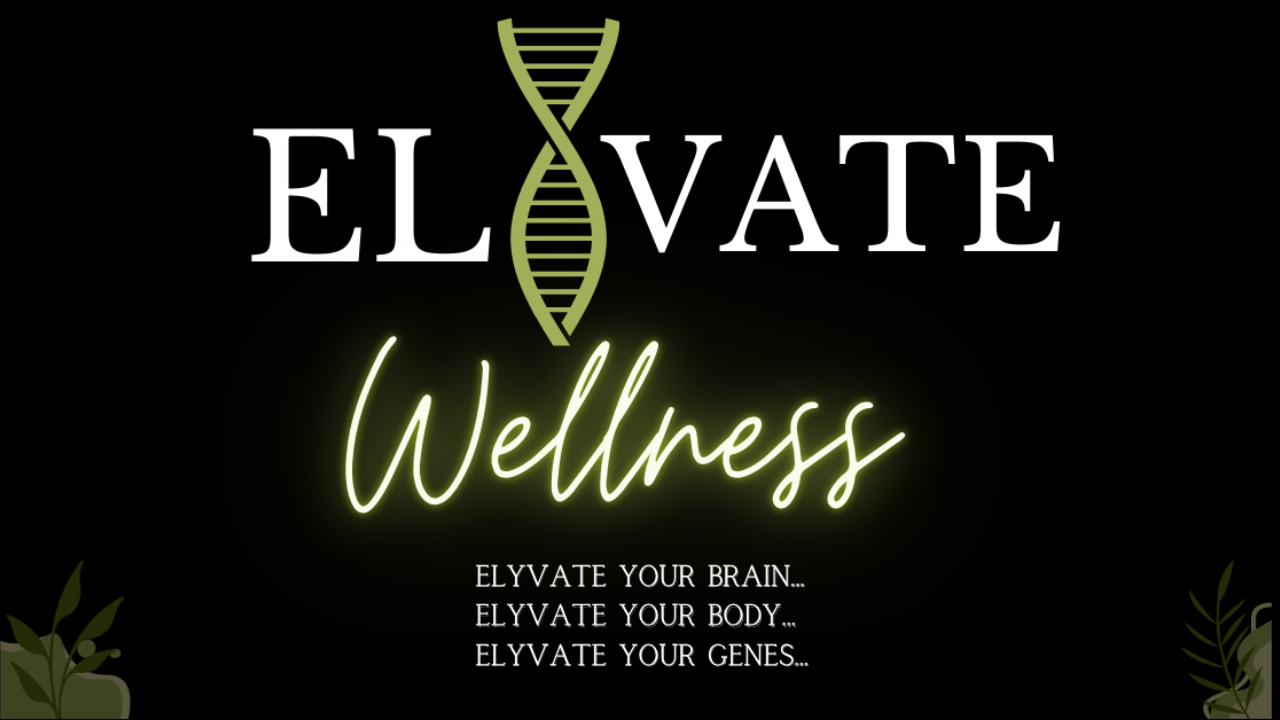🧬 Why You're Not Getting Better: The Missing Link in CIRS Recovery
Jun 25, 2025
You’re doing everything right… but still sick?
You’ve changed your diet. You’ve taken the binders. You’ve seen the specialists—maybe even started the Shoemaker Protocol.
But you’re still exhausted. Still inflamed. Still reacting to every scent, supplement, or spore.
If this sounds familiar, please hear this: you are not broken—and you’re not alone.
The problem is not you. The problem is an outdated approach that ignores one of the most important factors in recovery:
The psychology of chronic illness and compliance.
And once you understand this missing link, you’ll unlock the momentum you’ve been desperately craving.
What Is CIRS, Really?
Chronic Inflammatory Response Syndrome (CIRS) is a complex, multi-system illness caused by biotoxin exposure—most commonly from water-damaged buildings. Genetically, about 25% of the population lacks the immune response needed to clear these toxins, leading to ongoing inflammation, immune dysregulation, and brain injury (Shoemaker et al., 2021).
This is not just mold sensitivity or fatigue. CIRS affects the brain, hormones, immune system, lungs, and more. It hijacks your body—and your life.
But here’s what most protocols miss:
CIRS also hijacks your mind.
Why Science Alone Isn’t Enough
The Shoemaker Protocol is brilliant. It’s science-based, sequenced, and peer-reviewed. But here’s what thousands of patients discover:
Even with the right labs…
Even with the right medications…
Even with a mold-free home…
They can’t follow through. Or they do—and still don’t heal.
The missing piece?
🔍 Behavioral compliance psychology.
Recovery isn’t just biological—it’s behavioral. And when the brain has been injured by neuroinflammation, trauma, and cognitive fatigue, compliance becomes one of the biggest obstacles to success (Moldofsky et al., 2020).
The Psychology of Stuckness
CIRS isn’t just a physical battle—it’s a psychological war.
Research shows that chronic inflammation can disrupt the prefrontal cortex, impairing decision-making, motivation, and emotional regulation (Haroon et al., 2018). Meanwhile, limbic system overactivation keeps the brain in a state of fear, scanning for danger.
So what happens?
-
You can’t remember what the doctor said
-
You procrastinate on binders or retesting
-
You second-guess every food, supplement, or air filter
-
You feel hopeless… and stuck
This isn’t laziness. It’s neuroinflammation. And it’s fixable—but only if we treat both the biology and behavior.
The Missing Link: Compliance Psychology
At Elyvate Wellness, we integrate a powerful approach called compliance psychology.
It’s the science of what makes people actually follow through—even when they’re exhausted, afraid, and overwhelmed.
Based on research in behavioral medicine, motivational interviewing, and neuroplasticity, we teach tools that rewire the brain for follow-through, including:
✅ Habit scaffolding
✅ Emotional safety techniques
✅ Cognitive restructuring
✅ Identity-based coaching
✅ Environment optimization
“Healing is not about doing more. It’s about doing what works—consistently and compassionately.”
What You Can Do Starting Today
If you’re stuck in your recovery, here are three steps you can take today to rebuild momentum:
1. Reclaim Safety in the Nervous System
Start with 10 minutes of limbic calming daily. DNRS, meditation, EMDR, or simply lying flat with deep breathing. A regulated brain is a compliant brain.
2. Simplify Your Protocol
Instead of adding more, do less—but with more consistency. Choose one anchor habit (e.g., cholestyramine before breakfast) and stack it with something automatic (e.g., brushing teeth).
3. Join a Recovery Community
Healing in isolation is nearly impossible. Find a circle that validates your experience and keeps you moving forward. (We’d love to welcome you inside the Elyvate CIRS Recovery Community.)
You Deserve to Heal
If no one has told you this yet: You are not too complex. You are not too late. And you are not too far gone.
With the right tools—and the right support—your recovery is not only possible, it’s inevitable.
At Elyvate Wellness, we believe in a better way forward. One that integrates the biology, the psychology, and the humanity of healing.
Because science is powerful—but science with soul is unstoppable.
🔗 Ready to Rewire Your Recovery?
Join our free CIRS Recovery Community and get access to:
✅ Downloadable tools
✅ Recovery psychology trainings
✅ Live Q&As and expert mentorship
✅ A support group that gets it
📚 References
Haroon, E., Miller, A. H., & Sanacora, G. (2018). Inflammation, glutamate, and glia: A trio of trouble in mood disorders. Neuropsychopharmacology, 43(1), 26–27. https://doi.org/10.1038/npp.2017.191
Moldofsky, H., et al. (2020). Neuroinflammation and the central fatigue of chronic illness. Fatigue: Biomedicine, Health & Behavior, 8(2), 71–83. https://doi.org/10.1080/21641846.2020.1738390
Shoemaker, R. C., McMahon, S., & Ryan, J. (2021). Surviving Mold: Life in the Era of Dangerous Buildings. Metropolis Ink.
Join the CIRS Recovery Community
Stay connected with news and updates!
Join our mailing list to receive the latest news and updates from our team.
Don't worry, your information will not be shared.
We hate SPAM. We will never sell your information, for any reason.

